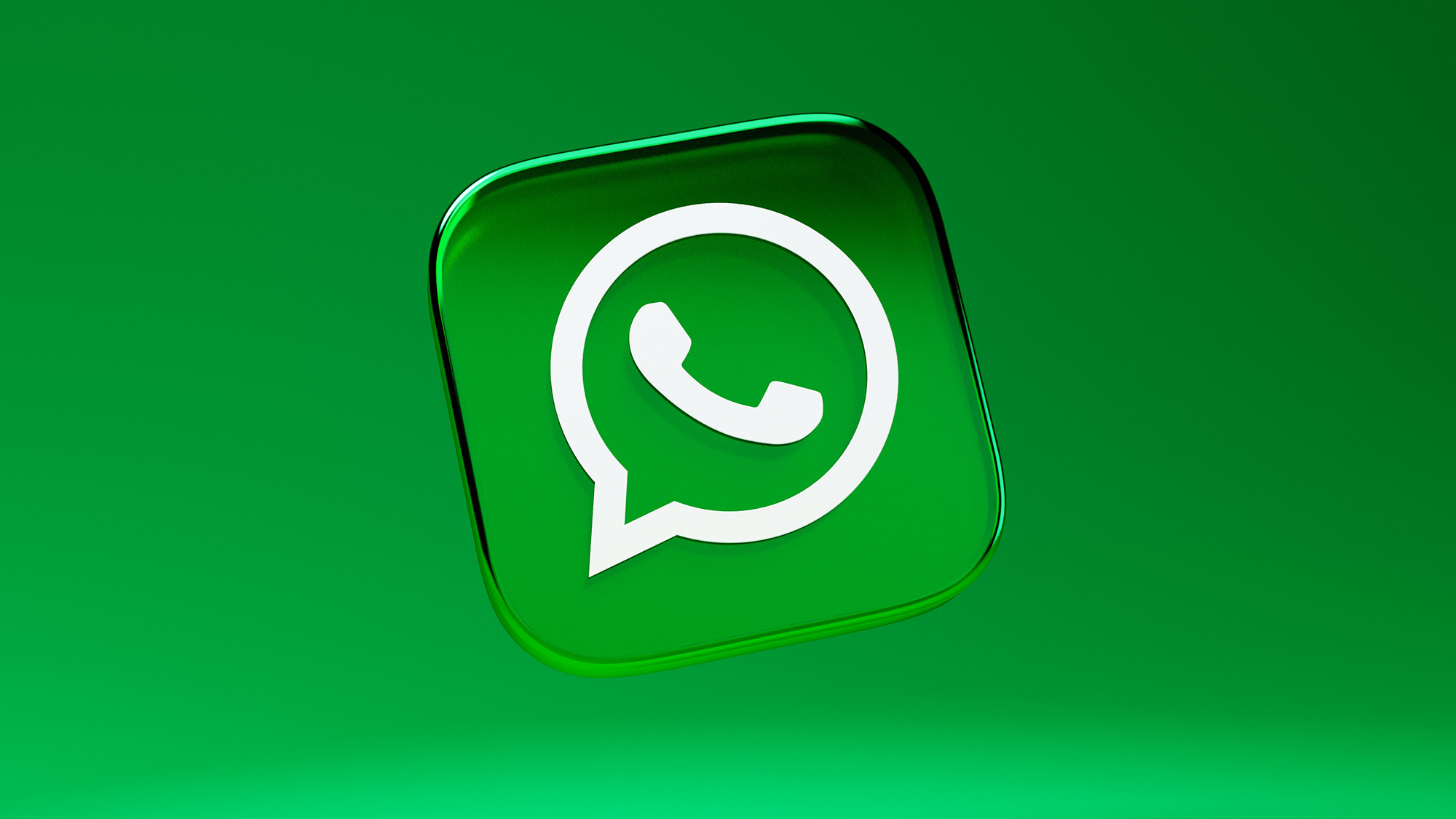

There are many reasons why users choose to do their messaging on WhatsApp: from encrypted messages, to support for audio and video calls, group chats with up to 1,023 other people, and extras like file and location sharing.
But Meta’s platform also offers an easy-to-use web interface. You might be perfectly happy using WhatsApp on your phone only, but it’s well worth it to get set up in a desktop web browser as well—if only to prevent you from having to pick up your phone every time someone sends a funny sticker to the group chat.
To get started, visit the WhatsApp Web portal in your browser, which will give you a QR code. In the mobile app, tap the three dots (Android) or cog icon (iOS), then choose Linked Devices and Link a Device to scan the QR code and get connected.
If you prefer, there are also desktop apps available for Windows and macOS that you can install. The features and benefits of these programs match up with the web app, but the latter will give you the freedom to access your messages and chat logs no matter what computer you’re on.
WhatsApp Web will allow you to forget about your phone
In these hyper-connected, always-online times, lots of us are looking for ways to cut down on the time we spend staring at our smartphone screens. Using WhatsApp on the web can help with that.
[Related: How to get rid of the ‘forwarded’ label on WhatsApp]
Admittedly, you’re just swapping one screen for another when it comes to WhatsApp, but if your phone is staying in your pocket or your desk drawer (or even the next room) then you can keep an eye on important messages without getting distracted by everything else that might be happening on your mobile.
Add in the time saved unlocking your handset and opening the WhatsApp app, and we’re talking about a substantial productivity boost for those times when you need to focus on your computing, at home, or at work.
A keyboard, a mouse, and a larger display make WhatsApp better
There doesn’t seem to be a length limit for WhatsApp texts, and the platform is certainly capable of handling longer missives. If you like to express yourself at length on the app, it’s obviously easier to type on an actual keyboard than on your phone screen.
Having a mouse also helps, as it lets you easily switch between conversations and scroll back through chats more quickly. On WhatsApp Web, you’ll also be working on a larger screen, which means less scrolling to begin with, and a better overview of both individual chats and your conversation list.
Make the most of WhatsApp keyboard shortcuts
Speaking of productivity boosts, using WhatsApp on the web means you can take advantage of keyboard shortcuts. As you know, if you use shortcuts on Windows or macOS, they can help you really power through tasks more easily.
There is a full list of WhatsApp keyboard shortcuts on the platform’s official site, but a few of our favorites include Esc to close a chat, Ctrl+Alt+N (Windows) or Cmd+Alt+N (macOS) to start a new chat, and Ctrl+Alt+Shift+E (Windows) or Cmd+Ctrl+Shift+E (macOS) to archive a chat.
You’ll also be able to use keyboard shortcuts to move around your conversation list. Hit Ctrl+Alt+Tab (Windows) or Cmd+Ctrl+Tab (macOS) to jump to the next chat, or Ctrl+Alt+Shift+Tab (Windows) or Cmd+Ctrl+Shift+Tab (macOS) to go back to the previous one. Meanwhile, you can open the search panel by tapping Alt+K (Windows) or Cmd+K (macOS).
Create stickers on WhatsApp Web
Another reason to get set up on WhatsApp Web is that it gives you the ability to create your own custom stickers. You can use whatever images you have on your computer to make icons that you can repeatedly stick into your chats.
[Related: The 7 best apps for all your group chats]
To create a new sticker, click the paperclip icon down by the text entry box in a conversation, then choose Sticker. WhatsApp will ask you to pick out an image file from your disk, which you can then crop and rotate as needed. You can also drop emojis and text on top of the sticker to make it your own.
WhatsApp will sync your stickers between devices, so you can then use the ones you created on the web on your phone.
